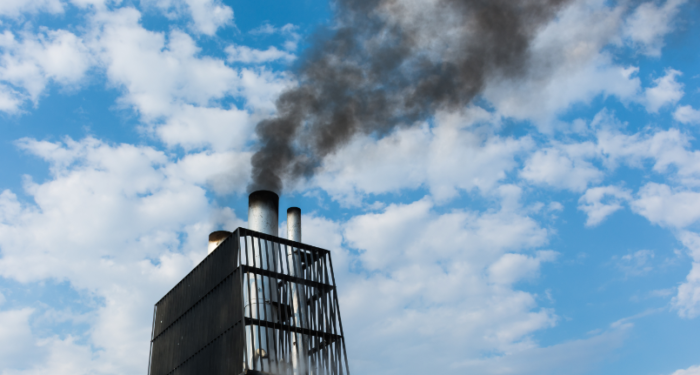Following COVID-19 outbreak and the significant affects on the energy supply and demand that has brought, DNV GL claimed that the pandemic will have lasting impacts once it dissipates.
The Norway-based classification society, issued its Energy Transition Outlook 2019, advising that global energy use will be 8% lower due to the coronavirus crisis.
Lasting changes linked to COVID-19 are mainly behavioural in nature and include the impact of the pandemic on the transport sector, especially aviation, but also on less office work and changed commuting habits, which will result in transport energy use never again reaching 2019 levels.
…as DNV GL noted.
At the same time, manufactured goods’ demand around global, will need approximately four years to recover to 2019 levels, while energy-intensive iron and steel industry may never reach its pre-pandemic heights.
“While we expect oil demand to recover next year, we think that it’s likely that it will never reach the levels seen in 2019”… Sverre Alvik, head of DNV GL’s Energy Transition Outlook, said to Reuters.
Even with peak emissions behind us, and flat energy demand through to 2050, the energy transition we forecast is still nowhere near fast enough to deliver the Paris ambition of keeping global warming well below 2°C above pre-industrial levels. To reach 1.5-degree target, we would need to repeat the decline we’re experiencing in 2020 every year from now on.
…DNV GL conluced.




























































